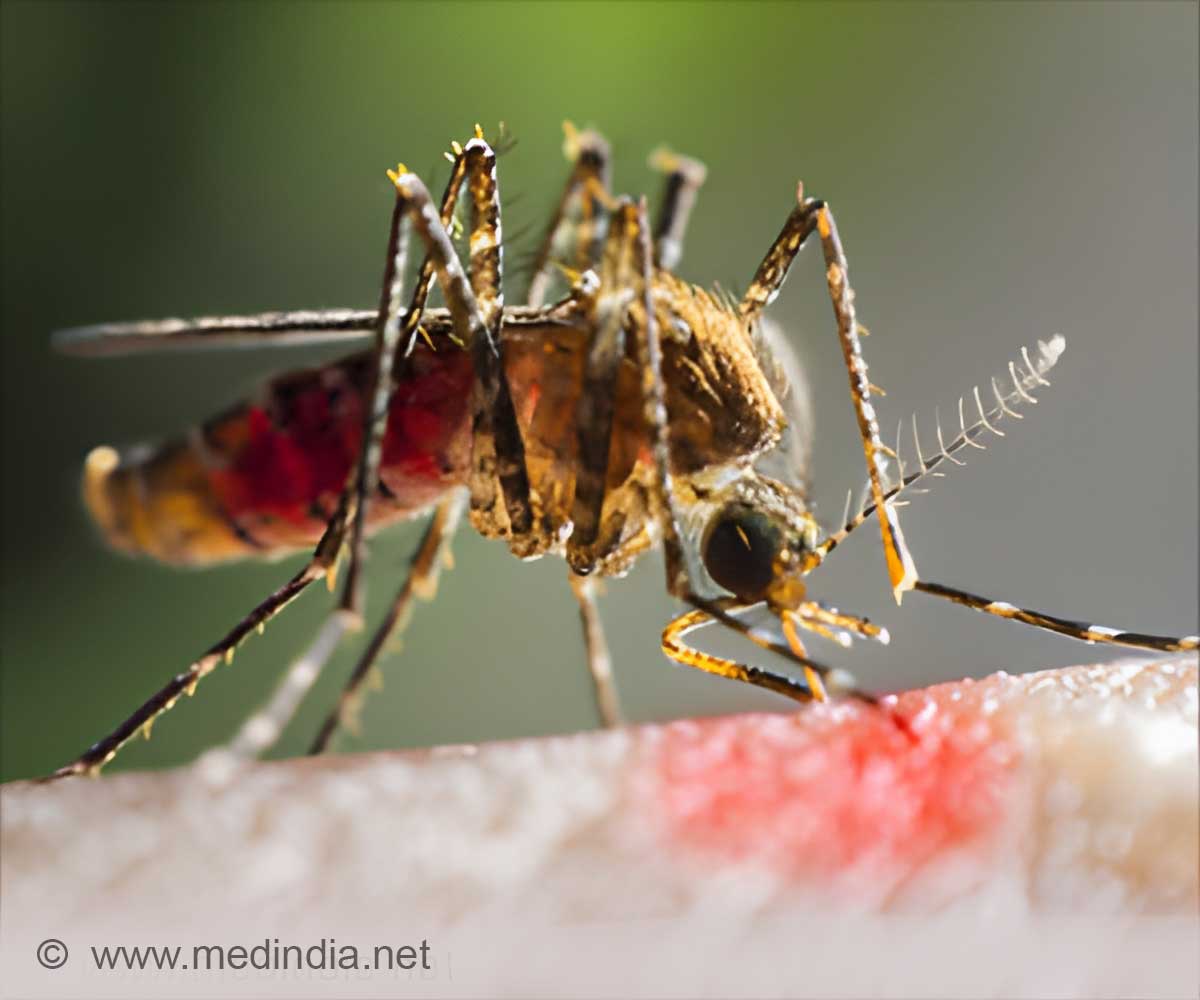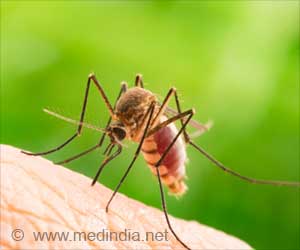The idea is to introduce male Aedes aegypti mosquitoes with altered genes so that their offspring, after mating with bloodsucking females, die at the larva stage.

TOP INSIGHT
As the cost for genetic modification of Zika virus are high, government of Brazil has to decide between boosting public information campaigns to urge eradication of breeding spots for the insects.
In 2014, the project, carried out in a town west of Panama's capital, resulted in a 93 percent decline in the mosquito population in the area.
Cedeno cautioned however that while the results were encouraging "its cost is high." Because of that, the government needed to work out if the money would be better spent on genetically tinkering with mosquitoes or boosting public information campaigns to urge eradication of breeding spots for the insects.
In Panama there are 50 confirmed cases of Zika infection, all of them in its Caribbean coastal region.
The World Health Organization has said it suspects the virus might be behind a sudden spike in birth defects in a part of northern Brazil.
 MEDINDIA
MEDINDIA



 Email
Email





